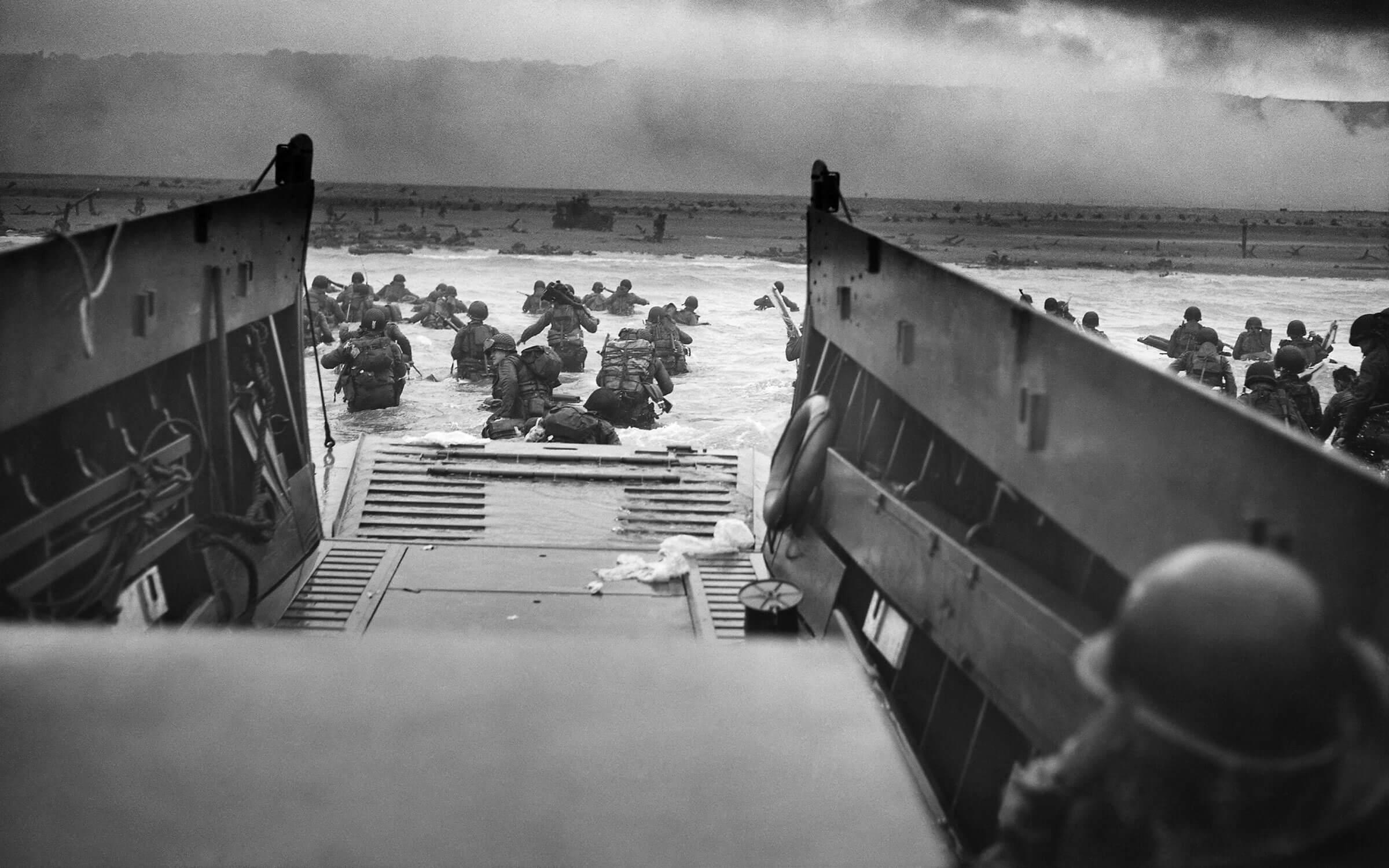Seventy years ago, as Allied forces prepared their assault on Nazi-occupied France, the Norman beaches of St-Laurent, Colleville and Vierville-sur-Mer became collectively known as Omaha Beach, a stretch of coast essential to the Allied invasion.
Part of Operation Overlord, which encompassed the full invasion of Nazi-occupied western Europe, Omaha proved the most difficult beach to capture on D-Day due to its concentration of German defences. On June 6th, 1944, the American soldiers of the 1st and 29th divisions tasked with storming the beach suffered roughly 2,000 casualties before Omaha was finally taken.
Seven decades later, the sight that once bore so much violence has given way to a series of beautiful, if stoic, tributes to the many men who fought that day.
Omaha Beach Military Cemeteries

The American Military Cemetery at St-Laurent-sur-Mer overlooks Omaha Beach. Originally, 23,000 Americans were buried there, but 14,000 were eventually repatriated. Of the 9,386 soldiers who rest here, only 307 remain unidentified. The cemetery has a lovely garden commemorating the 1,557 men who remain missing.
The German Military Cemetery in La Cambe is a fraction of the size of the American cemetery, but nearly 22,000 Germans are buried here. The site was inaugurated in 1961 with the help of the Norman community and the German War Graves Commission.

